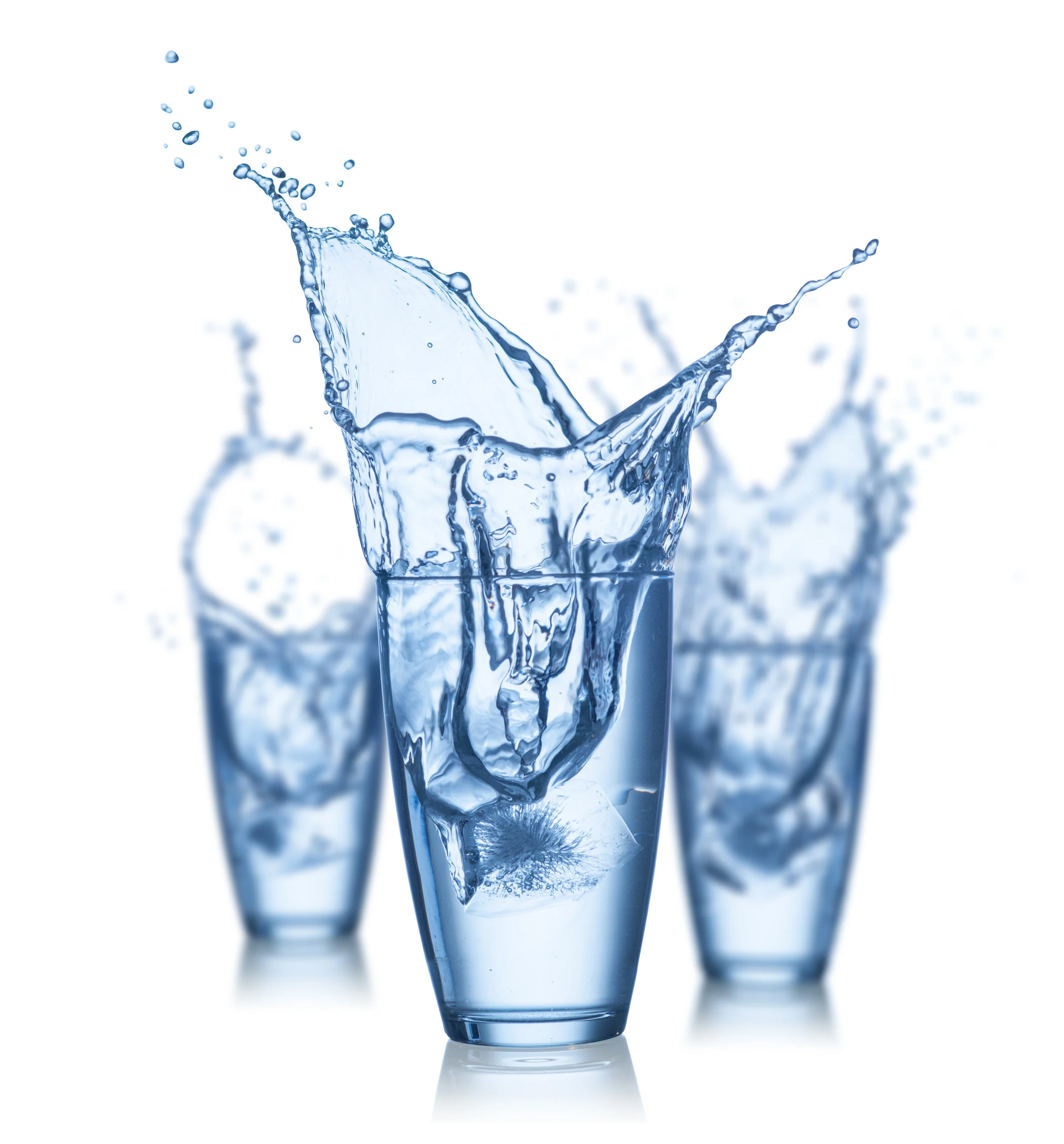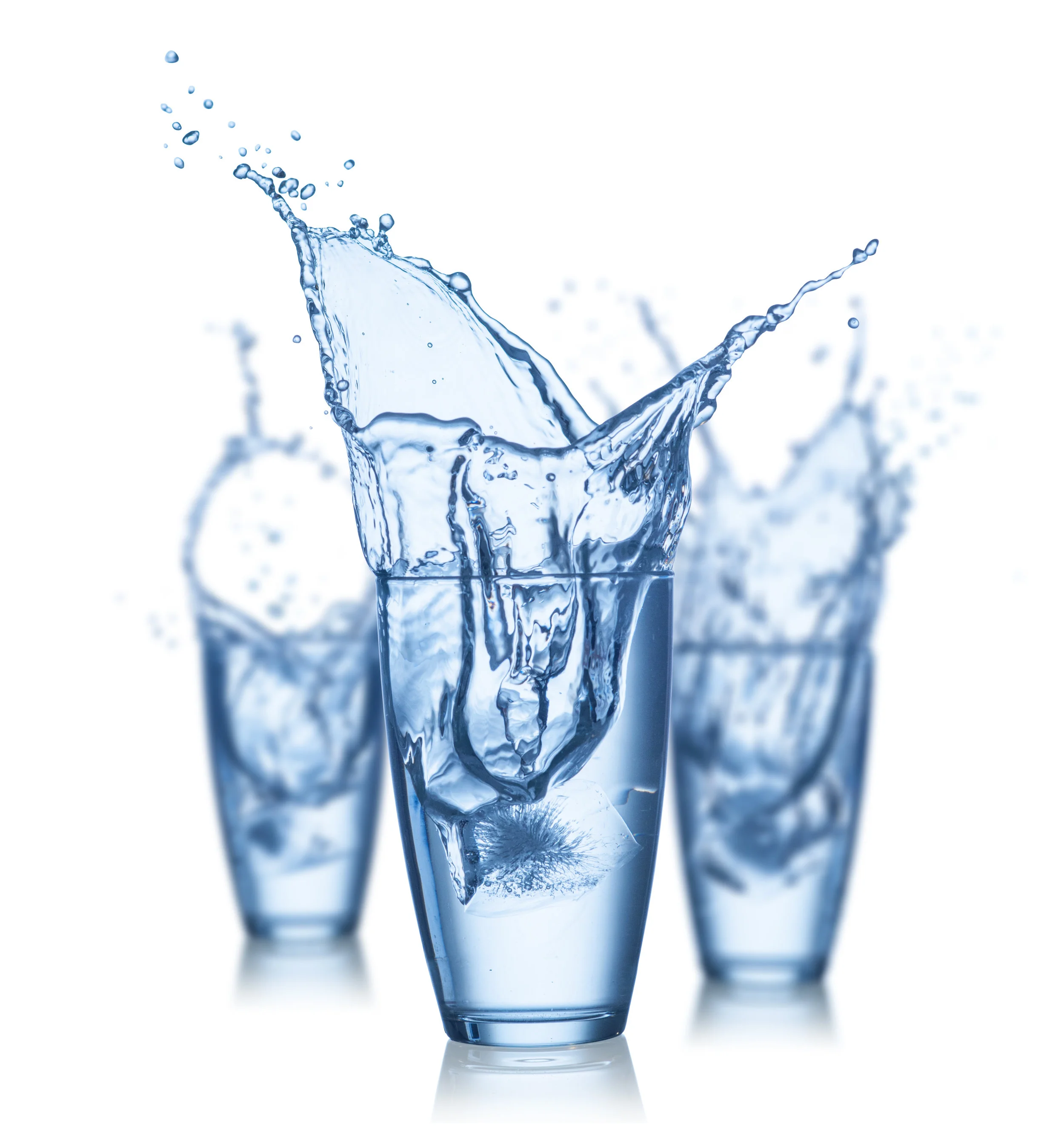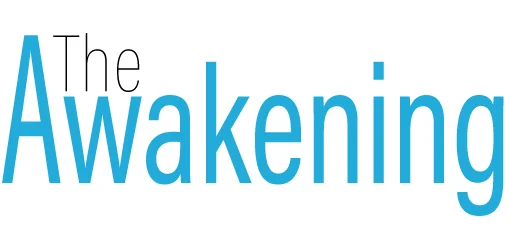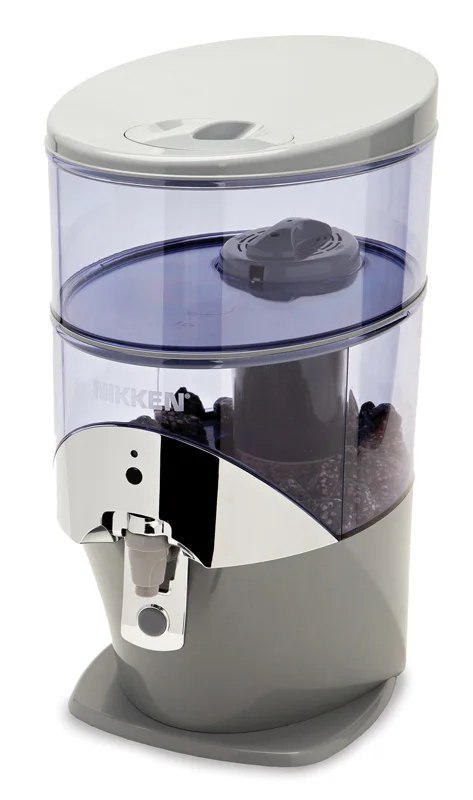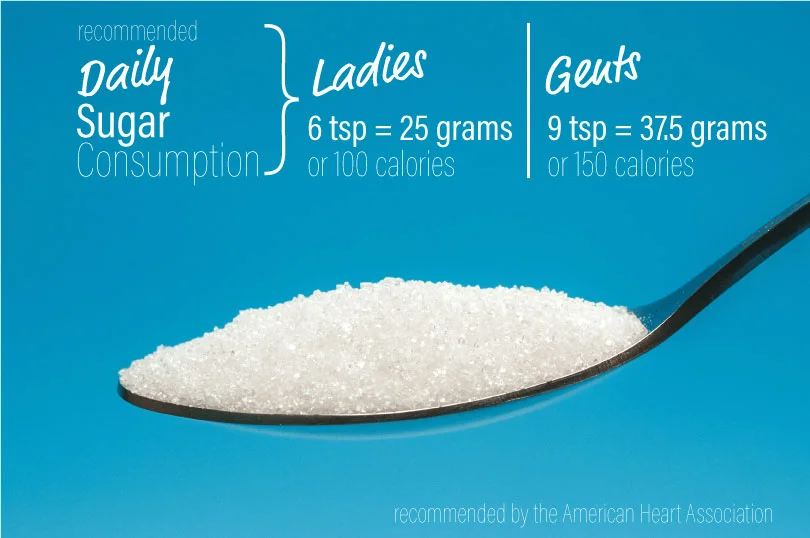
Sweet Dreams are Made of...
Sleep is an essential physiological process (this means the body NEEDS sleep, not wants but needs), but in our fast paced, highly productive lives, we often sacrifice sleep for other activities.
Sleep is an essential physiological process (this means the body NEEDS sleep, not wants but needs), but in our fast paced, highly productive lives, we often sacrifice sleep for other activities.
This is due in part to our perception of sleep as a non-productive endeavor, when from a physiological and health standpoint it our most productive time of our day.
Work that must be completed, a project that just has to be finished, studying for that mid-term, getting up an hour early to exercise or miss that rush hour traffic on the way to work. We have many reasons not to get enough sleep. Many of us think that 6 or 7 hours a night is sufficient for a good night’s sleep. According to the National Institutes of Health, the average adult sleeps less than seven hours per night. In today’s fast-paced society, six or seven hours of sleep may sound pretty good, but in reality, it is a recipe for chronic sleep deprivation.
We often rationalize not getting the proper amount of sleep. Here are a few myths about sleep:
Myth 1: Getting just one hour less sleep per night won’t affect your daytime functioning.
Myth 2: Your body adjusts quickly to different sleep schedules.
Myth 3: Extra sleep at night can cure you of problems with excessive daytime fatigue.
Myth 4: You can make up for lost sleep during the week by sleeping more on the weekends.
Poor sleep can cause a number of health issues including obesity in adults and children, diabetes and impaired glucose tolerance, cardiovascular disease and hypertension, anxiety symptoms, depressed mood, poor immune function and alcohol or drug abuse.
William C. Dement, M.D., Ph.D., Stanford University, is the world's leading authority on sleep.For this pioneering work in a previously uncharted field, he is sometimes referred to as the father of sleep medicine. Dr. Dement states, “Healthy sleep has been empirically proven to be the single most important determinant in predicting longevity, more important than diet, exercise and heredity.”
The National Sleep Foundation recommends 8 to 10 hours for teenagers 14 to 17 years old and 7 to 9 hours for adults. I personally recommend 8 hours of sleep for most people. Women need more sleep according to Dr. Jim Horne, one of Britain's leading experts in sleep science. In an article published in the Daily Mail, Horne explained that on average women need twenty more minutes of sleep than men. The researcher pointed out that women tend to multi-task and use more of their brain than men leading to a greater need for sleep. Essentially, the more you use your brain during the day, the more it needs to rest while asleep.
You may be sleep deprived if…
• Need an alarm clock to wake up on time
• Rely on the snooze button
• Have a hard time getting out of bed in the morning
• Feel sluggish in the afternoon
• Get sleepy in meetings, lectures or warm rooms
• Get drowsy after heavy meals or when driving
• Need to nap to get through the day
• Fall asleep while watching TV or relaxing
• Feel the need to sleep in on weekends
• Fall asleep within five minutes of going to bed
Improve Your Sleep Today: Make Sleep a Priority
Schedule sleep like any other daily activity, put it on your "to-do list" and cross it off every night. But don’t make it the thing you do only after everything else is done – stop doing other things so you get the sleep you need.
Start by assessing your own individual needs and habits. See how you respond to different amounts of sleep. I suggest keeping a sleep journal for a few weeks. Pay attention to your mood, energy and productivity after a poor night's sleep versus a good one. Ask yourself, "How often do I get a good night's sleep?" The National Sleep Foundation has a downloadable Sleep Diary at https://sleepfoundation.org/sites/default/files/SleepDiaryv6.pdf that is easy to use and can be quite helpful. There are also many sleep apps that can be downloaded to your phone.
Tips for a better night’s sleep:
· Stick to a sleep schedule, even on weekends.
· Practice a relaxing bedtime ritual.
· Exercise daily.
· Evaluate your bedroom to ensure ideal temperature, sound and light.
· Beware of hidden sleep stealers, like alcohol and caffeine.
· Turn off electronics before bed.
· Sleep on a comfortable mattress and pillows.
Get 8 hours a night of good quality sleep. It’s one way to be
Healthy by Choice. Sweet Dreams.
Our Bedtime Favorites!
FEATURES AND BENEFITS
• Temperature regulation keeps you warm or cool: designed for all-season use
• Breathable outer cover provides ventilation and releases excess heat for comfort
• Chitocotton fibers containing chitosan are woven in to help fibers retain a clean, fresh scent
• When used with a Kenko Naturest® Mattress Topper, the Kenko Dream® Comforter completes the cocoon of magnetism to surround the sleeper in a magnetic field
DYNAFLUX — POWER AT REST
• DynaFlux Magnetic Technology produces a series of magnetic fields that cover a full 360 degrees in three dimensions
• The internally opposed magnetic surfaces shift in angle as a response to body movements, to enhance the field depth
• No other technology using permanent magnets can deliver this scope of magnetic coverage • Enfolds and surrounds anything in its proximity, even complex shapes
NATURAL MATERIALS FOR BETTER SLEEP
• The foundation of the Kenko Naturest Mattress Topper is natural latex — not man-made polyurethane foam
• Latex is hypoallergenic, and resistant to microbial growth and dust mites • Latex holds its shape and firmness better than polyurethane foam, for more durable support
• Latex also wicks away moisture, for greater comfort
• The cover is woven in all-natural fibers, free from chemical pesticides, insecticides or fertilizers
• Natural fibers promote ventilation for regulation of temperature
• Fiber and latex are fully renewable resources
• 100% cotton sleeve surrounds the latex pad to add a layer of quality, protection and durability
• Meets federal flammability standards for mattress pads without flame-retardant chemicals
PASSIVE MASSAGE FOR GREATER COMFORT
Shaped nodules are produced with a proprietary method that gives them the ideal degree of firmness. The effect is a relaxing massage while you sleep, that gently stimulates and can help lessen tossing and turning.
Author: Gary Lindner, PhD
Down the Hatch
Water is not just a beverage choice, it is our most essential nutrient. When we think of water in this way it becomes apparent that we must drink enough each day.
Life cannot exist without water, seriously!
Proper hydration is essential to a healthy life. Water comprises over two-thirds of our body weight, and is one of the most essential elements to maintaining well-being. Water is important in every physiological process. Water helps your body with circulation, assimilation, digestion, elimination and temperature control.
Researchers estimate that about 75% of people in the US have a mild chronic dehydration. This can lead to many health issues such as fatigue, joint pain, weight gain, headaches, ulcers and high blood pressure. Chronic dehydration may affect your organs and lead to kidney stones, cholesterol problems, constipation, and liver and muscle damage. What if you could reduce or alleviate these symptoms by just drinking healthy water?
Water is not just a beverage choice
Water is not just a beverage choice, it is our most essential nutrient. When we think of water in this way it becomes apparent that we must drink enough each day. We can live for 3 weeks without food, but only 3 days without water!
How Much Water Should We Drink?
There is no perfect answer to this question as it depends on your age, health status, level of physical activity, body type and ambient surroundings.
Everyone has heard drink eight 8oz glasses of water a day. This is insufficient in my opinion for proper hydration for most us. A good rule of thumb is to drink half your body weight in ounces per day of water. So, if you weigh 160 pounds, 10 glasses or 80 ounces per day is a good rule to follow.
Common Water Choices
Many people prefer not to drink municipally treated tap water. Many times, this is for aesthetic reasons. They don’t like the way tap water tastes or smells. One good aspect about tap water is that it is monitored and treated to kill pathogenic micro-organisms. This is usually accomplished with chlorine treatment or other types of similar halogens.
Water is one major way we contribute to our body burden of toxic chemicals pollutants from farming and industry as well as the chlorine that is added to kill bacteria in municipal water treatment facilities. Bottled water is not much better as it is usually nothing more than processed tap water. Even that expensive spring water may be full of harmful contaminants. Regulations on bottled water differ by country, and many bottled waters have no quality thresholds in place. In 2008, the Environmental Working Group conducted tests that found bottled water not necessarily any safer than tap water. Ten brands sampled by EWG contained 38 pollutants ranging from fertilizer residue to industrial solvents. Pollutants in two brands exceeded state and industry health standards.
On the average bottled water is 2000 times more expensive than tap water. A nice analogy I like to make is that’s like going into a $6 sandwich shop and paying $12,000 for a sandwich! Of major concern to me and others is the detrimental impact plastic water bottles have on our environment. First, is the energy cost of shipping the water from source to consumer – often shipping thousands of miles internationally. Secondly, it’s through the energy and hydrocarbon input into the manufacture of the bottles and the disposal of the bottles, particularly if sent to landfills or simply discarded as 80% of plastic water bottles are not recycled.
An effective way of providing yourself and your family with healthy water is filtration of tap water. There are many types of systems to accomplish this. Common methods of filtering can remove the chemicals but it also removes important minerals our bodies need. Guidelines I suggest looking for when comparing systems are advanced filtration that is corroborated and meet or exceed ANSI/NSF standards of 42 and 53. Look for a system that adds minerals back to the water and creates a slightly alkaline water. I am also a proponent of micro-clustered water that helps with absorption and I suggest getting a system that is easy to use and maintain and cost effective.
PiMag Waterfall
Our Favorite!
The Nikken PiMag Waterfall® converts tap water into fresh spring-like water. Using a multistage process which filters, alkalizes, mineralizes, ionizes, energizes and oxygenates the water, the Waterfall provides great tasting water which is easy to use, affordable and a healthy water choice. Water the way nature intended it.
We shot a couple quick 2 minute videos showcasing the PiMag Waterfall. Take a look : ).
Break the Sugar Addiction
Public enemy No. 1 is sugar but what can you do?
Do you know how much sugar you consume daily? Do you want to know? The fact is you NEED to know.
According to the Centers for Disease Control & Prevention (CDC) over 70% of Americans are overweight or obese. This can lead to severe health issues and/or chronic diseases. The CDC predictes 1/3 of the American population will have diabetes by the year 2050.
Public enemy No. 1 is sugar. To learn more watch the short video "Weight Matters: The 1st Few Pounds."
What can you do? The first and easiest step is to read labels. We mean all labels. We have seen sugar added to "organic" asparagus in the produce section.
Second log what you eat and the sugar content for an entire week. At the end of the week add up the sugar then divide by 7 and this will give you your average daily sugar consumption. Then evaluate and eliminate or substitute foods with less added sugars. Third continue to read labels.
Kenzen Vital Balance
Our favorite way to break the sugar addiction is a healthy Kenzen Vital Balance (KVB) shake. KVB is sweetened with organic moringa and monk fruit. Have a shake twice a day if you wish to loose weight or have a shake when you are craving something sweet.
We always recommend you do your research so you can be healthy by choice and not by chance.
The Major Impetus
Chronic disease is not a normal part of life...
Self Care Awakening is about a few very simple concepts. It is about Being Healthy by Choice and not by Chance. The reality is, if we leave our health to chance, chances are that we are not going to be healthy.
The major impetus for the Self Care Awakening is to bring this and other aspects of good health to light.
First, that chronic disease is not a normal part of life. How many times have we heard someone say, “That’s just part of getting older”, as if the headaches, joint/back problems, weight gain, blood sugar problems, memory problems (and the list can go on and on) are just a “normal part” of life.
Here is a paraphrase of a recent advertisement from what use to be our corner drug store and is now called your local wellness center. The advertisement says, “there are 26 million Americans with diabetes, and 74 million are at risk, don’t worry, we can treat and manage your diabetes so you can lead a normal productive life”. I almost fell out of my chair when I first heard this commercial. Then I got mad. It is a brainwashing, inferring that chronic disease is a normal part of life. It is not. The World Health Organization (WHO) and the Centers for Disease control (CDC) estimate that as high as 80% of our world’s biggest killers can be prevented. I concur and am of the belief that just a few simple self care principles can lead to a vibrant heathy life.






